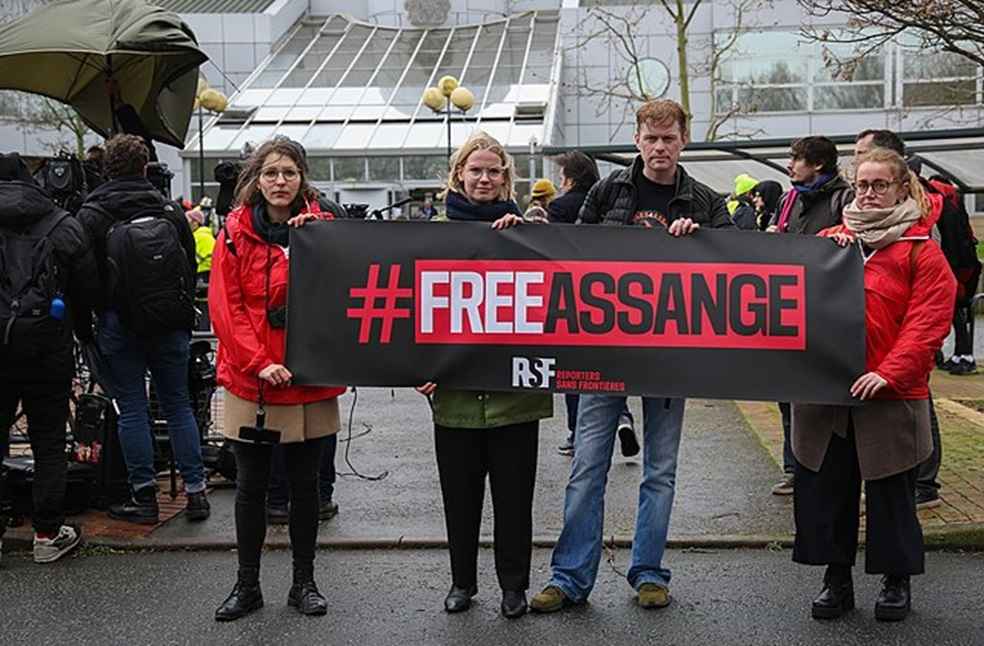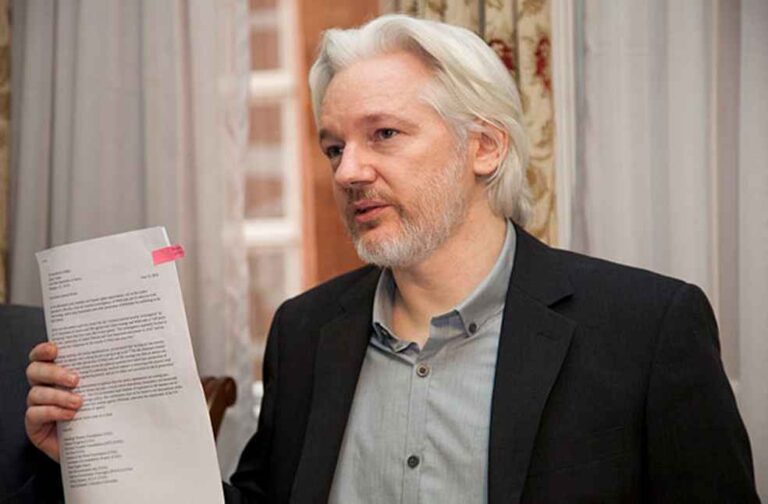United Kingdom: Julian Assange, WikiLeaks founder, has been granted the opportunity to fight against his extradition to the United States. Two judges ruled in his favour, allowing him to take his case to an appeal hearing. However, this will only happen if the Biden administration fails to provide the court with appropriate assurances.
The President of the King’s Bench Division, Victoria Sharp, and Mr Justice Johnson declared that Julian Assange holds real chances of success on three out of the nine grounds claimed. However, they adjourned the leave to plead application to give the US government three weeks to deliver reassurance on the relevant concerns.
If consent to the petition is denied, Assange would be deported to face espionage charges within days. However, the recent judgment by the judges permits him to bypass that fate for now. Nonetheless, his future remains uncertain as he still faces a prolonged wait.

Sharp said that, “The concerns that had real prospects of success at appeal but which may be capable of being addressed by assurances were that Assange is permitted to rely on the first amendment, that the applicant is not prejudiced at trial, including sentence, by reason of his nationality, that he is afforded the same first amendment protections as a United States citizen, and that the death penalty is not imposed.”
Stella Assange, the WikiLeaks founder’s wife, expressed her disappointment at the judgment for inviting political intervention from the US in the case.

According to Sharp’s 66-page judgment, Assange’s attorney admitted that nothing stopped him from being charged in the US with a crime that held the death sentence and then being penalised to death.
She cited that, “As evidence of such a risk the calls for the imposition of the death penalty by leading politicians and other public figures; the fact that the UK-US extradition treaty does not preclude extradition for death penalty charges, and the fact that the existing assurance does not explicitly cover the death penalty.”
The General Secretary of the National Union of Journalists, Michelle Stanistreet, praised the ‘temporary reprieve’ but urged the US to seek a plea deal. “The conditionality around the grounds of appeal, which are contingent on the examination of US government assurances that he will not face the death penalty and has the right to free speech, mean the risks to Assange and press freedom remain stark,” she expressed.



